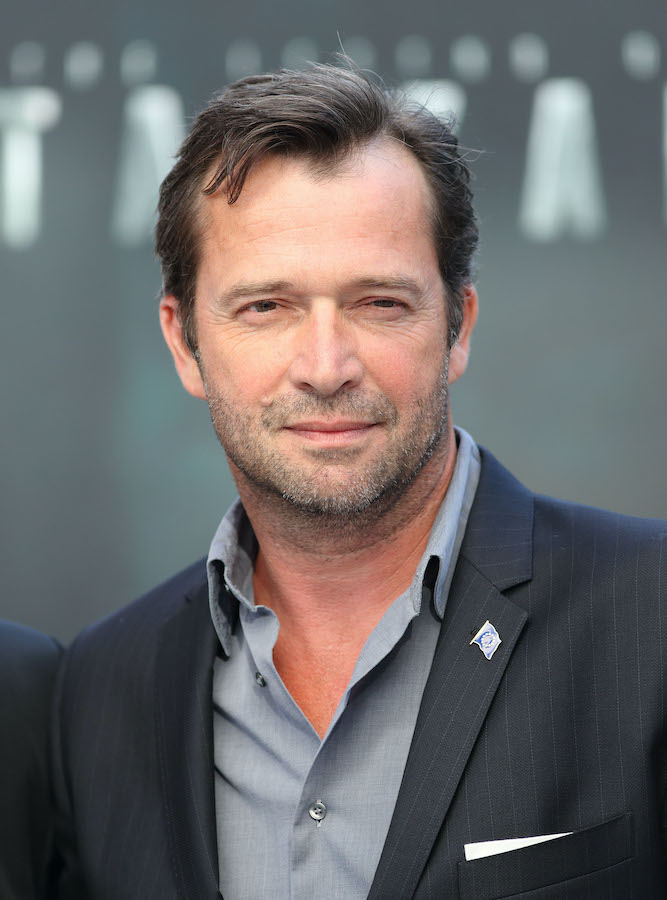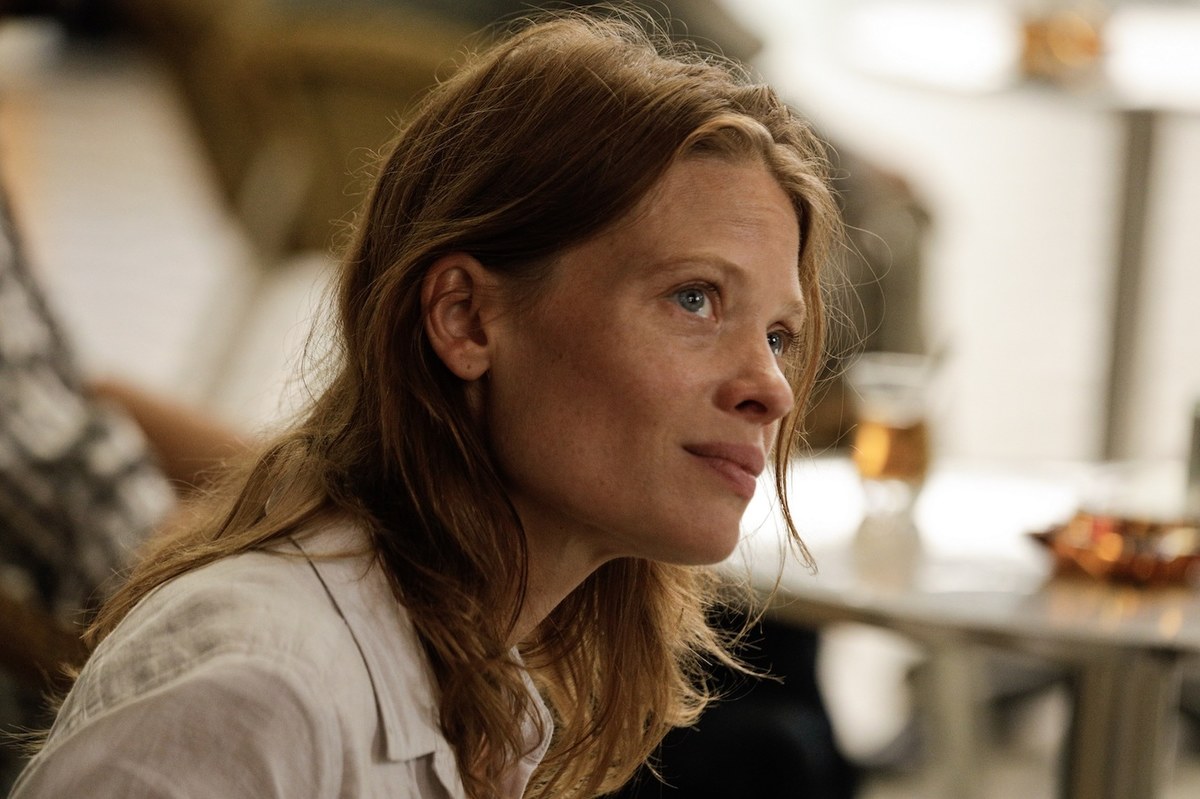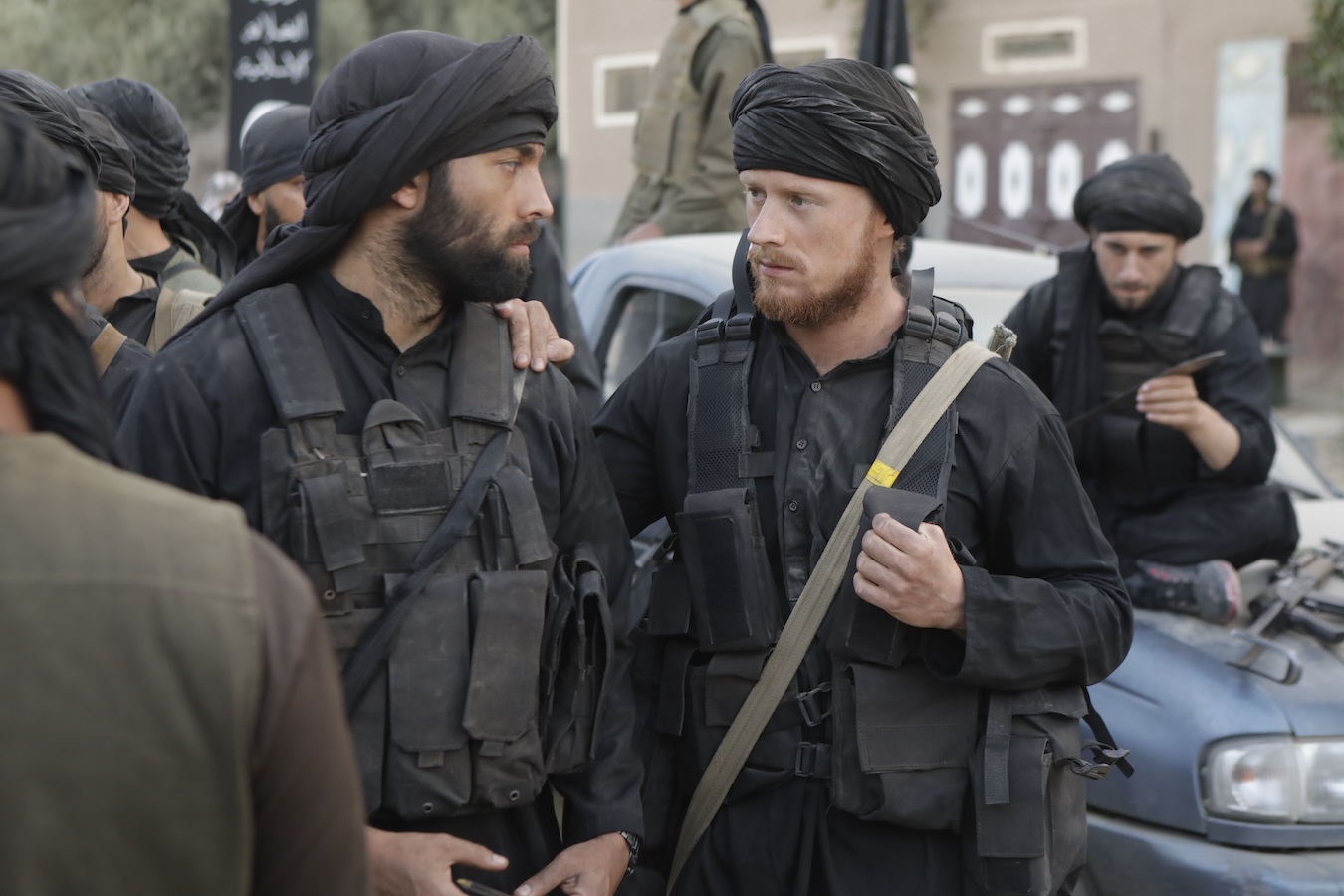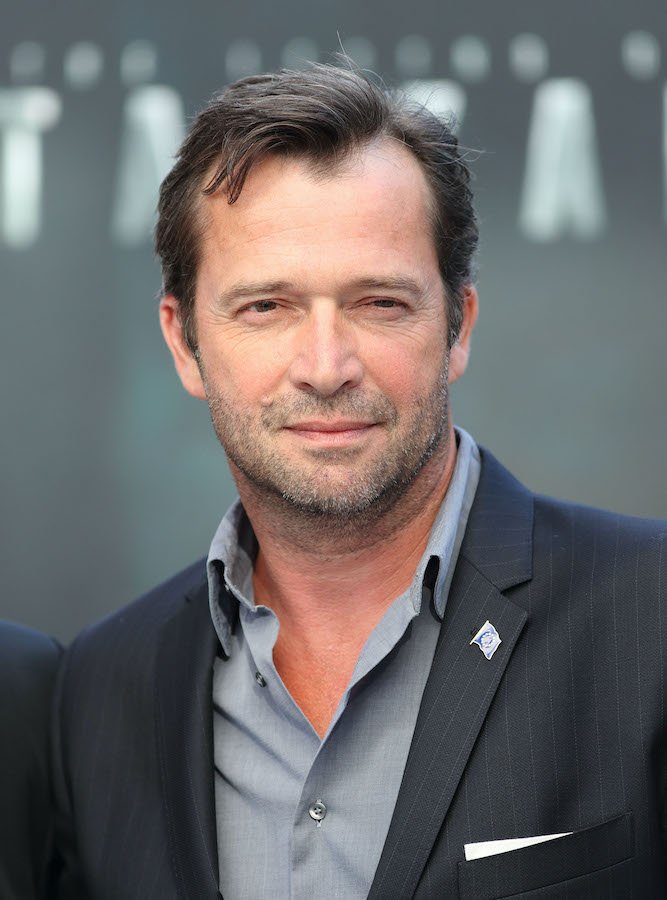DUBAI: It’s been almost 10 years since the conflict in Syria began, and as new conflicts and calamities arise elsewhere, the horrors that the Syrian people continue to endure have seemingly lost their immediacy, particularly for the media, while the complexity of the situation has also driven many to push the war out of their mind entirely rather than attempt to make sense of all that has happened.
“No Man’s Land,” a new TV series co-produced by OSN, is trying, though. The story begins with a mystery — a man in France believes his sister to be dead until he catches a glimpse of her alive and well in the background of a news broadcast about the Syrian-Kurdish YPG fighting Daesh. Obsessed with finding her, he sets off to find a way into Syria, immediately getting himself caught in the crosshairs.
Featuring characters from all sides of the conflict, “No Man’s Land” was created, first and foremost, to show each person as fully human, regardless of their affiliations. To set itself apart from shows such as “Homeland,” the cast and crew worked tirelessly on set and off to ensure no one was reduced to a stereotype or a caricature, and every motivation, good or evil, was founded in something real, allowing audiences to consider the actual people caught up in the war more deeply.

“We want to remind audiences that these are people too, that this is still going on, and you can’t just hear about it on the news and turn it off. Quite often it gets dehumanized because you just hear reports. We try and show that people’s lives are being affected. Hopefully, that creates a level of empathy,” star Dean Ridge tells Arab News.
For some of the cast, including English actor James Purefoy, it was a chance for to learn about something they knew little about.
“As you get older, you’re constantly searching for things that you’ve not done before, and you’ve not seen before. It’s like an oasis, when something like this happens; you just are drawn to it. It was like looking through the keyhole of a whole world that I didn’t really know about. And I didn’t really understand. And I think I have a greater understanding now of it, because of this show,” says Purefoy.
Ridge and his co-star James Krishna Floyd may have had the toughest task — to get into the minds of Daesh soldiers. Both dove headfirst into the emotionally-taxing research, meeting with experts on radicalization as well as studying documentaries including “Of Fathers and Sons,” the award-winning film by Syrian director Talal Derki.

“I think the most profound thing I found from that is that it’s different for absolutely everyone that gets involved, because they make the grievances personal. They make it entirely about you and frame their argument to fit whatever it is that you are searching for. It could affect nearly anyone,” says Floyd.
Ridge’s character and performance in particular is indicative of the show’s approach, according to Floyd — a Western man who is seduced into doing evil under the belief that he is truly doing the right thing.
“You have got to give the filmmakers a lot of credit for really delving into the character because I think a lot of writers wouldn’t do that. They would just dismiss him as this sort of adrenaline junkie,” says Floyd.
While the female-led militias that helped defeat Daesh are a central part of the show, the focus on the Daesh fighters themselves may be the most uncomfortable, but also the most necessary.
“We are meant (in mainstream media) to look at these people as monsters, and nothing else,” says Purefoy. “That is so useless in trying to understand it, or deal with it, or find ways to empower people without them ever feeling that they need to go to Syria. There have got to be other ways of including people in our world that stops them from being forced out sideways into a world like that.
“You can only do that if you see people with humanity — if you see people as real, with real feelings and problems that have to be addressed. If we don’t start addressing them, we end up in that world. To me, that’s the most useful thing about this show,” Purefoy continues. “We’re not going to change anything, but if we can create a tiny little bit of understanding, that’s a baby step. And baby steps become big steps eventually.”


